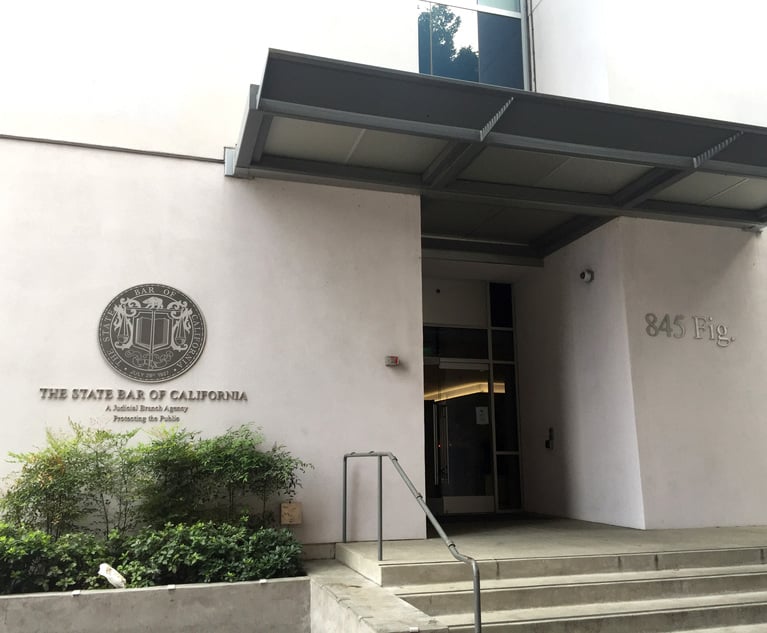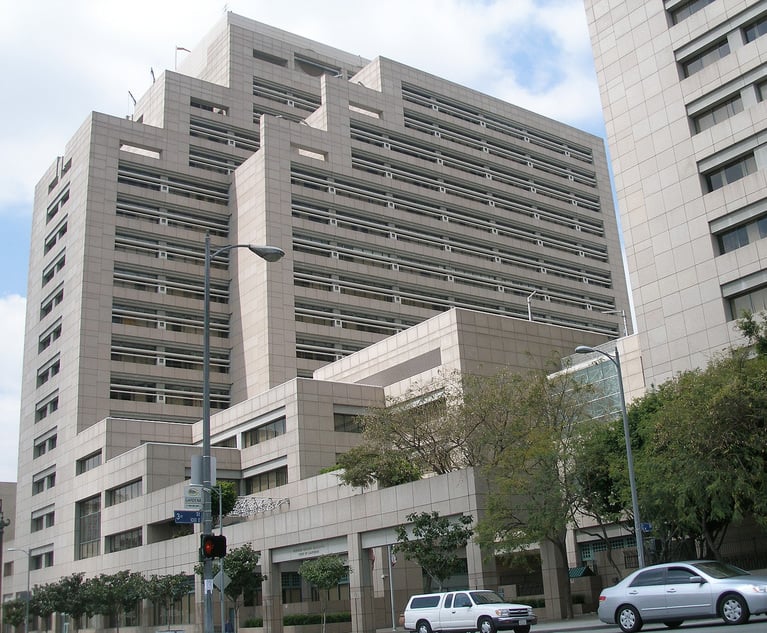On Oct. 11, 2019, California Governor Gavin Newsom signed into law AB 1355, an amendment to the landmark California Consumer Privacy Act that will take effect on Jan. 1, 2020. AB 1355 provides a one-year reprieve from compliance with most provisions of the Act for a business’ business-to-business (B2B) transactions. The reprieve is a welcome break from the heavy compliance burden that businesses will face, especially for those whose only California personal data relates to business contacts. But is the B2B amendment to be or not to be long term? That is the question.
Under the Act, for-profit businesses, wherever located, that collect the personal information of California consumers and meet certain revenue or information collection thresholds must: disclose to consumers what personal information is collected about them and the purposes for which it is used, disclose what personal information is sold or shared and to whom, delete a consumer’s personal information if requested, allow consumers to opt out of the sale of their personal information, and not discriminate against a consumer for exercising any of their rights under the Act. The Act also imposes strict notice obligations on businesses, requiring them to notify consumers, on their websites and in their privacy policies, of consumers’ access, disclosure, deletion, opt-out, and other rights. In addition, businesses that fail to maintain reasonable security over the personal information they collect are subject to private lawsuits by consumers if their failure results in a data breach.


 Amy Park, left, and Aylin Kuzucan, right, with Skadden.
Amy Park, left, and Aylin Kuzucan, right, with Skadden.




